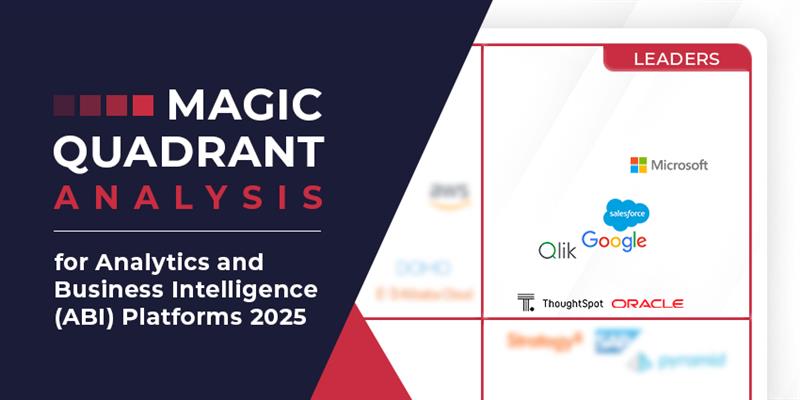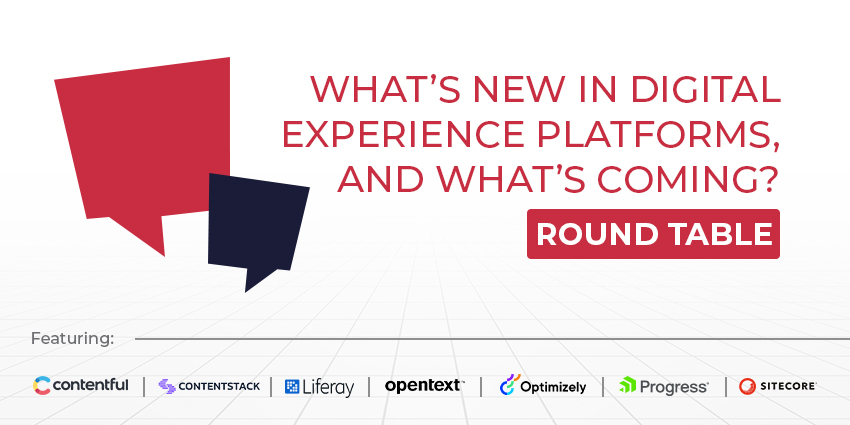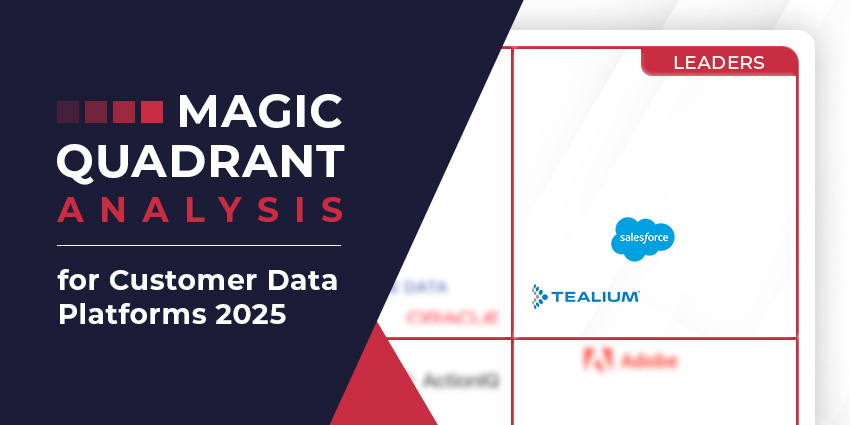Data and data-driven insights are essential for making effective customer experience (CX) decisions.
CDP systems enable this process by consolidating data from multiple channels, sources, and providers in a single place to drive holistic visibility.
As such, demand for the technology is growing. A 2021 study by Fortune Business Insights even predicts that the CDP market will be worth over $5.5 billion by 2028, up from $942 million in 2020.
What Is a Customer Data Platform?
A customer data platform or CDP is a single software solution or collection of technologies that help enterprises build a unified customer database that connects with other systems.
The CDP integrates with data sources such as the company website, social media, third-party databases, etc., to fetch data and store them in a centralized system for analysis. Also, it integrates with CX systems like the CRM system to make the data more readily available across the enterprise.
Most CDPs have powerful analytics capabilities that consolidate data and assess it to derive meaningful insights. For instance, AI-based sentiment analysis helps investigate social media chatter and understand overall audience sentiment towards a brand.
Unfortunately, most users miss out on these capabilities. Indeed, 59 percent of marketers use CDP mainly as a data consolidation tool as per a Merkle 2021 Customer Engagement Report. Yet, this could well change…
What Is Next for CDP? 7 Key Trends
As demand for CDP solutions and customer data, in general, continues to grow, the following trends are likely to emerge.
1. CDP Leaders Will Come to the Fore
According to reports, the CDP technology segment is booming, and many market leaders invest heavily in innovation.
According to the CDP Institute, in 2021, CDP vendors picked up over $41BN in funding and investment, of which four vendors achieved funding rounds worth more than $100 million.
Treasure Data picked up $234 million last year, continuing the trend of concentrated market leadership among only a few vendors.
Enterprise software providers like Salesforce, Oracle, and Adobe are also strengthening their CDP offerings, which could discourage new startups from venturing into CDP in 2022.
2. Enterprises Choose to Buy, Not Build
According to a CDP Institute report, CDP specialists are investing heavily in new software tools and systems, with employment in this category increasing by 11 percent in the second half of 2022.
Perhaps this is unsurprising given that Forrester suggests a pre-built CDP – like Tealium – can generate a customer ROI of 363%.
Such statistics emphasize the results brands and marketers can achieve by investing in pre-built, vendor expertise-driven technologies instead of building their own.
3. CDP Will Play a Larger Role Within Customer Success
In 2022, markets will discover the full potential of customer data platforms beyond data consolidation.
According to the aforementioned Forrester study, a significant percentage of enterprise executives already believe that CDP helps in improving customer experience (41 percent), loyalty/retention (38 percent), and new customer acquisition (33 percent).
Yet, to achieve these benefits, brands also need an end-to-end customer data strategy where they know precisely which touchpoints are ideal for customer data collection, the outcomes they are looking to achieve, and the data interventions necessary.
4. Data Quality Becomes a Top Business Metric
Surprisingly, business outcomes are not the top or most immediate concern when implementing CDP. First is the question of data quality – where is the data sourced? Is it reliable? Does it contain duplications? And is it compliant with consent and data retention laws?
For over one in three marketers (37 percent), as per the Forrester survey, CDP decisions are driven by data quality, particularly in the financial services industry.
5. The Market Environment Will Remain Challenging
As the regulatory environment around customer data evolves, CDP technology must transform in tandem.
In addition to the GDPR, several countries and regions are now coming out with their own restrictions on utilizing customer data and protecting privacy rights, such as the 2021 Consumer Data Privacy Legislation in the US, the Personal Data Protection Bill (PDP) in India, and the Notifiable Data Breaches scheme in Australia.
CDP platforms will drive more transparency in 2022 and have more options for recording consent, monitoring data utilization, and anonymizing insights.
6. AI Will Thrive on CDP Technology
AI-friendly customer data platforms are the next frontier, coupling the analytical capabilities of AI with the high-volume capacities of CDP to produce insights at scale.
CDP could provide large, standardized databases on which to train AI algorithms. Analyzing historical CDP data by AI may also produce more accurate recommendations for agents in contact centers.
Yet, ultimately, CDP will enable AI-driven CX at scale, but the data will require standardization to maximize the value of any AI implementation.
7. CDP Providers Prepare for a Cookie-Less World
Much of the marketing and CX personalization that happens today requires cookies, which observe and record website user behavior to influence future marketing decisions – such as ad targeting.
However, third-party cookies for advertising as we know them are on their way out. Google has announced that it will develop a new, more privacy-focused technology and phase out cookies before 2024.
As such, by next year, CDPs may rely on a data architecture or an automation engine that does not hinge on third-party cookies.
Discover which enterprise data services provider achieved “leadership” status from Gartner by reading our coverage of the Gartner Magic Quadrant for Data and Analytics Service Providers 2022







